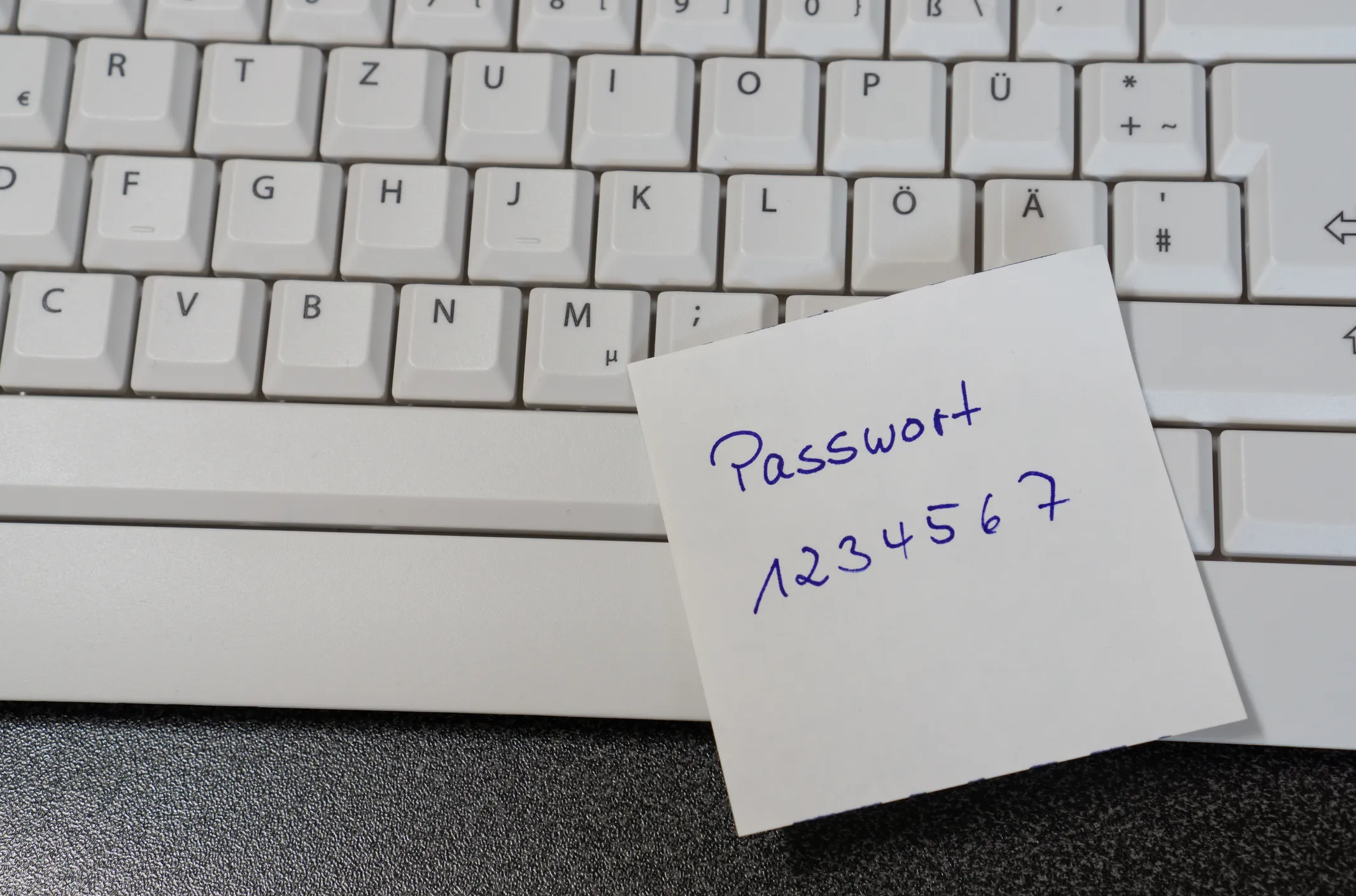Google has expanded the capabilities of its Password Manager by enabling the syncing of passkeys across devices on multiple platforms. Previously, passkeys could only be saved to the Password Manager on Android devices, limiting cross-device functionality. Users could still access passkeys on other devices, but they had to scan a QR code to do so.
The update now allows passkeys to be saved and synced through Google Password Manager on Windows, macOS, and Linux platforms, in addition to Android. Support for ChromeOS is currently in beta testing, and iOS compatibility is expected to arrive soon. Once a passkey is saved, it automatically syncs across all devices using Google Password Manager. Google assures users that their passkey data is end-to-end encrypted, providing robust protection against unauthorized access.
Passkeys differ from traditional passwords in that they are digital credentials designed to allow users to sign in to accounts without needing a password. Google has been integrating passkeys into its software suite since 2023.
This update also introduces a new security feature to Google Password Manager: users will now be required to set a six-digit PIN when using passkeys on a new device. This measure aims to prevent unauthorized access even if someone manages to obtain the digital credentials. However, users are cautioned against leaving their PIN numbers in easily accessible places.
Google passkeys are already supported across various services, including Google’s productivity software, Amazon, PayPal, and WhatsApp. Google Password Manager is integrated directly into Chrome and Android devices, streamlining the experience for users.










